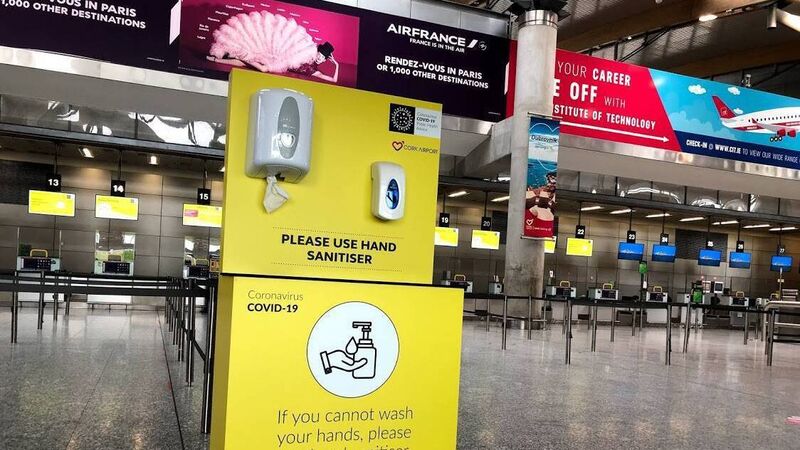11,000 flights had fewer than 10% of seats filled during Covid years

An empty Cork Airport during the pandemic years.
Over 11,000 flights operated to and from Irish airports with fewer than 10% of seats filled during the pandemic-hit years of 2020 and 2021.
Figures released by the Department of Transport on foot of a parliamentary question by Green Party TD Neasa Hourigan show that in 2020, there were 7,617 such flights, with 3,417 the following year, as flights continued despite major restrictions on foreign travel.













